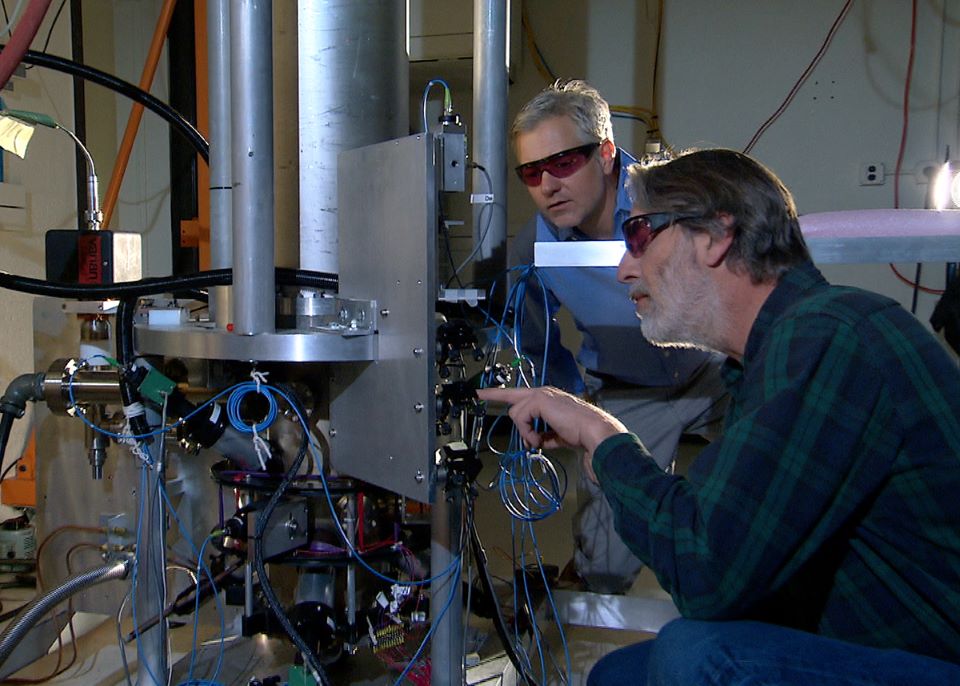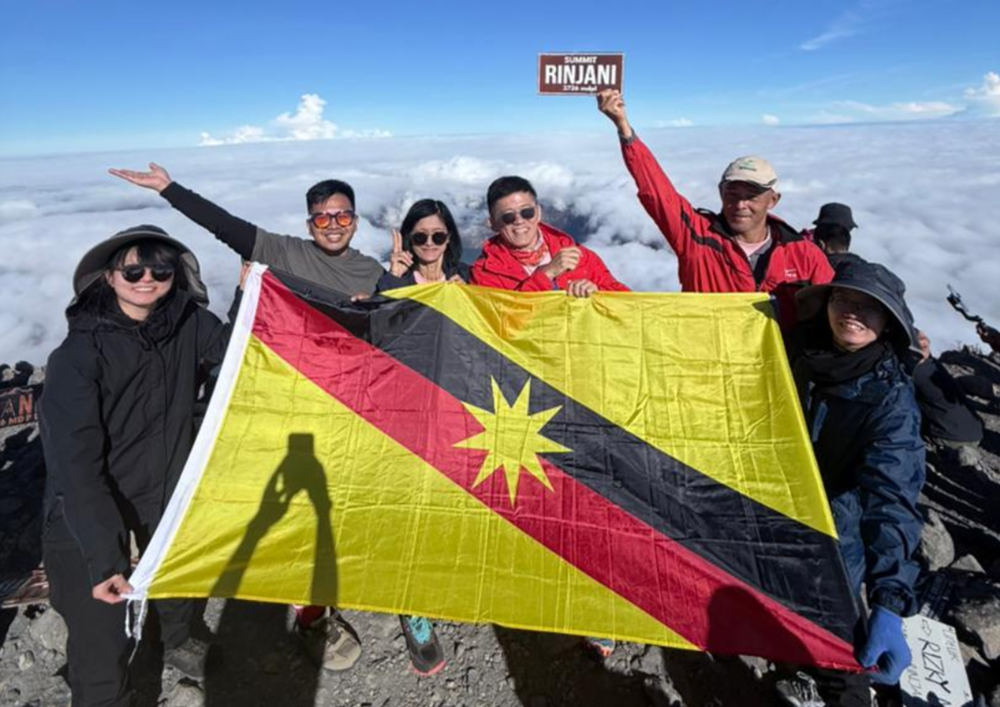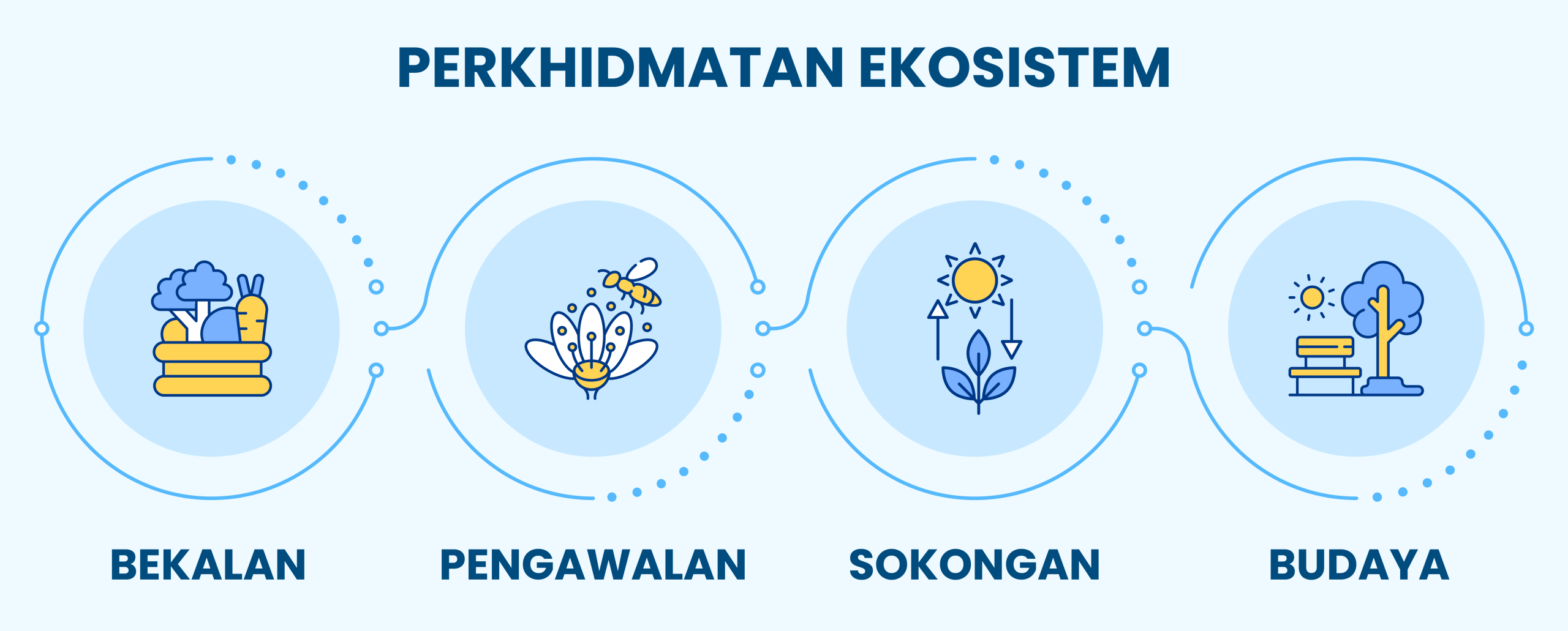Climate change is mainly caused by greenhouse gases. However, global warming is also disrupting the natural balance of our ecosystem. Heat does not only come from factories and vehicles but also from many other sources, including humans and the technology we use every day.
The human body, especially the head, gives off heat. Our brain works like a biological supercomputer that uses a lot of energy. When we are tense or stressed, our body produces even more heat. This makes us feel hotter and increases the need for cooling, such as air conditioning, which adds more heat to the environment. In this way, our restlessness not only affects our health but also the planet. A restless mind can also spread negativity, creating stress and disorder in families and online spaces.
In today’s information age, we are surrounded by electromagnetic waves from mobile phones, 5G transmitters, computers, and data centres. These devices generate heat even when they seem harmless. For example, a mobile phone may release only a small amount of heat, but it stays on almost all the time, even while we sleep. Engines in cars, buses, and trucks also produce large amounts of heat when they burn fuel. Idling vehicles waste fuel and release unnecessary emissions. All these heat sources should be considered when discussing climate change, not just greenhouse gases.
Changing Mindsets for Climate Action
Adapting to climate change requires a change in mindset. Besides creating safety plans and policies, education and awareness are vital. People must realise that nature is not just a tool or a resource—it is part of us.
We should treat nature as a living being and be thankful for what it gives us: air, water, sunlight, forests, mountains, rivers, and oceans. These natural systems work together in harmony, guided by the movements of the sun and the moon. Nature can survive without us, but we cannot survive without nature. Therefore, we must remember that we are not the “boss” of the ecosystem.
To prevent disasters like landslides, we should avoid building tall structures near hills or slopes. Authorities must enforce strict rules to protect lives rather than chase profits. In cities, we should increase the soil’s ability to absorb rainwater by reducing concrete surfaces. This helps prevent flash floods. Not all land should be covered by buildings—some should remain open and green.
We must also learn to live with sufficiency, not greed. Nature provides enough for everyone’s needs but not for excessive consumption. Today, technology allows anyone to learn how to grow vegetables or harvest rainwater at home. These simple actions help us become more self-sufficient and closer to nature.
The Connection Between Mind and Nature
Modern science, especially quantum theory, shows that reality depends on how we observe and interpret it. Our thoughts and emotions can affect nature because they influence our actions. When we treat the environment with kindness and respect, it improves both our mental and physical health.
Plants and animals are more sensitive than we often think. They can sense our presence and are affected by our activities. During landslides, animals such as monkeys and bats behave unusually. Indigenous peoples, like the orang asli, can detect early signs of landslides by listening to sounds in the ground. Their traditional wisdom can complement modern tools such as sound detectors and high-resolution satellite imaging that use atomic clocks for precise measurements.
During the incidents of landslides, it has been noticed that wildlife like monkeys and bats behave differently. The Aborigines (orang asli) knew how to identify the signs of landslides by listening to the sound pattern on the ground. The traditional wisdom can complement modern techniques of using sound (acoustic waves) detectors and high-resolution remote sensing satellite images from state-of-the-art atomic clocks with remarkable accuracy. Such a clock uses atoms cooled to microKelvin temperature, called ultracold atoms.

By observing the flora and fauna, we can identify the signs of forthcoming calamities. We need to be more attentive or observant, sensitive and perceiving of nature and our surroundings. Other lifeforms have sensitivities that are superior to ours. Scientific discoveries, mainly in quantum biology, have shown that migratory birds can detect the faint earth’s magnetic fields for navigation. Also, plants have certain visual perceptions that allow them to “see” their surroundings.
Therefore, flipping the earth’s magnetic fields can create ecological havoc. The presence of magnetic fields from electrical systems and transmission lines also affects insects and can affect pollination and food production. There are a lot of subtleties in nature and within us that we have yet to discover and understand. It is relevant to mention the book, “Subtle Is the Lord: The Science and the Life of Albert Einstein” by Abraham Pais.
Learning from Science and Wisdom
Science is always evolving, revealing new truths with better tools and deeper understanding. We should not dismiss traditional knowledge simply because it has not yet been proven scientifically. As the saying goes, “The absence of evidence is not the evidence of absence.”
The best way to adapt to climate change is to learn from nature directly—by observing, experiencing, and living alongside it. Nature’s principles are clear: efficiency, simplicity, and sufficiency. If we follow these, we can build a sustainable future.
Nature can heal itself over time. But as scientists and policymakers, we must be careful not to interfere too much. Lao Tzu’s wisdom still applies today:
Science is advancing as we continue to learn. It is wise not to brush off or degrade knowledge or findings that are not yet scientifically verified, especially cultures and practices of ancient traditions, as more truth is continuously being revealed through scientific exploration with more sensitive techniques we need to keep in mind: “The absence of evidence is not the evidence of absence”. The best adaptation is to educate ourselves about the way of nature by experiencing nature and walking along with nature.
“That which goes against the way of nature comes to an early end”.




